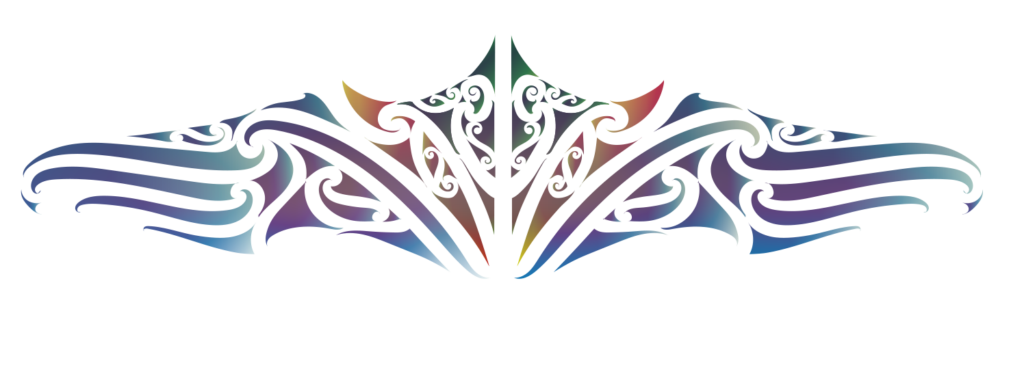Revitalising mahinga kai at Koukourarata and control of tomato potato psyllid on taewa/riwai with mesh crop covers
Koukourārata, a Ngāi Tahu hapū, cultivated and traded food for hundreds of years, including operating a successful productive mara kai enterprise in the 1900s that was a key food supply for Christchurch. However, food production ceased over the last three decades and much traditional knowledge and taewa cultivars were lost. To address this A Vision Mātauranga project was undertaken in partnership between Koukourārata, the BHU Organics Trust and Lincoln University to revitalise traditional mara kai and mahinga kai, on the original garden site, under a unique brand based on Koukourarāta’s history and location. The aim was to create environmentally, economically and socially sustainable work to create jobs for Koukourārata whānau to enable them to return to their tribal home.
A particular production issue for taewa was the newly introduced pest, the tomato potato psyllid (TPP). TPP attacks all crops and weeds in the solanaceae family causing minor reductions in crop yield and quality all the way to complete crop loss. Mainstream potato growers were forced to use substantial amounts of toxic agrichemicals to control TPP, however, this is completely culturally unacceptable. The partners worked together to find a culturally appropriate solution in the form of ‘mesh crop covers’ which are a physical barrier laid on top of the crop that stops the TPP even reaching the plants and therefore allowed the production of bountiful taewa crops.




